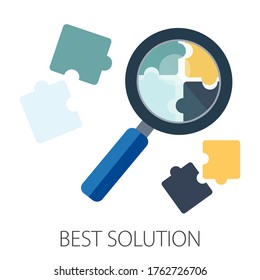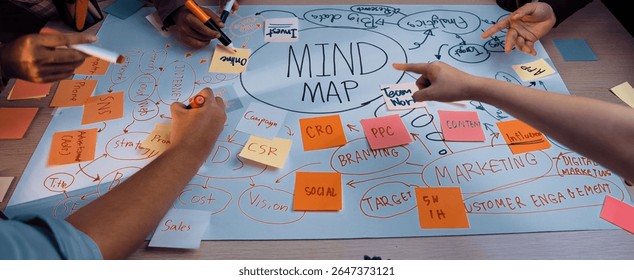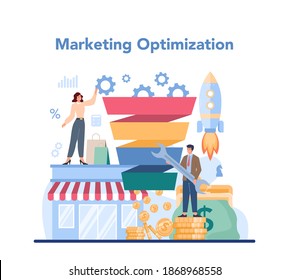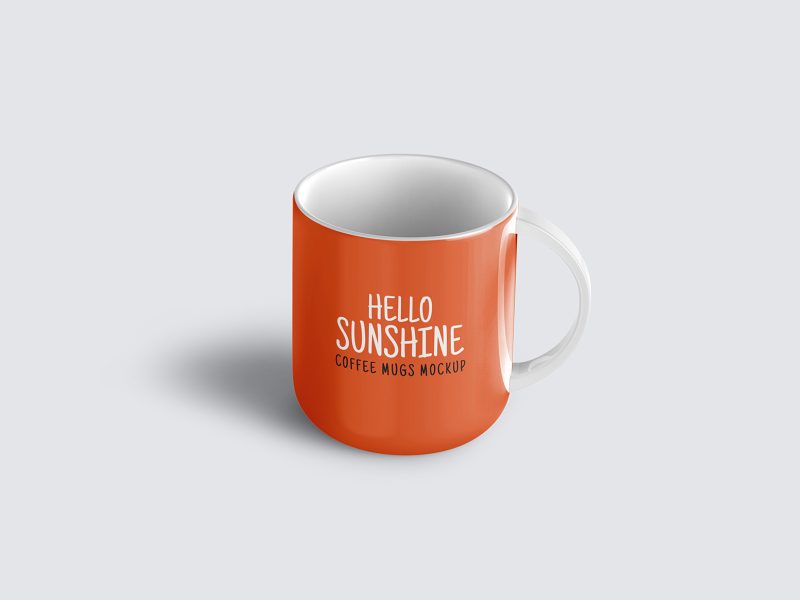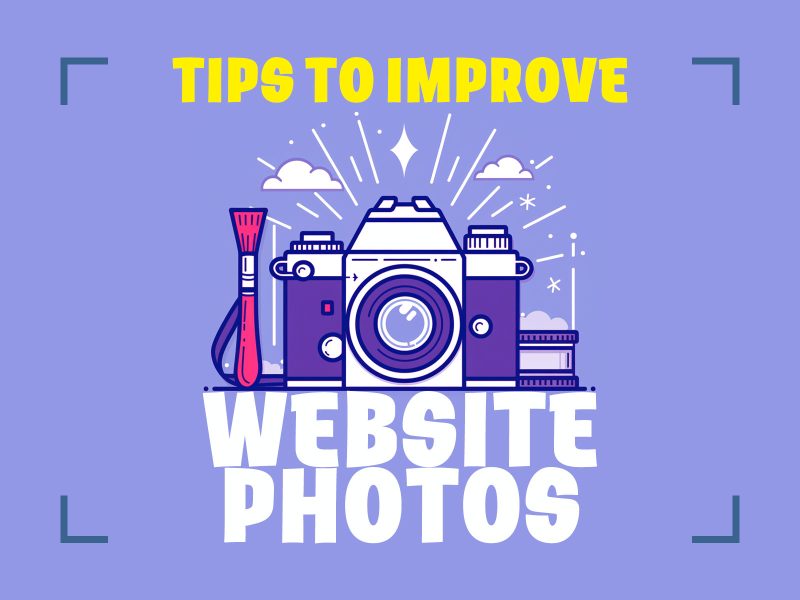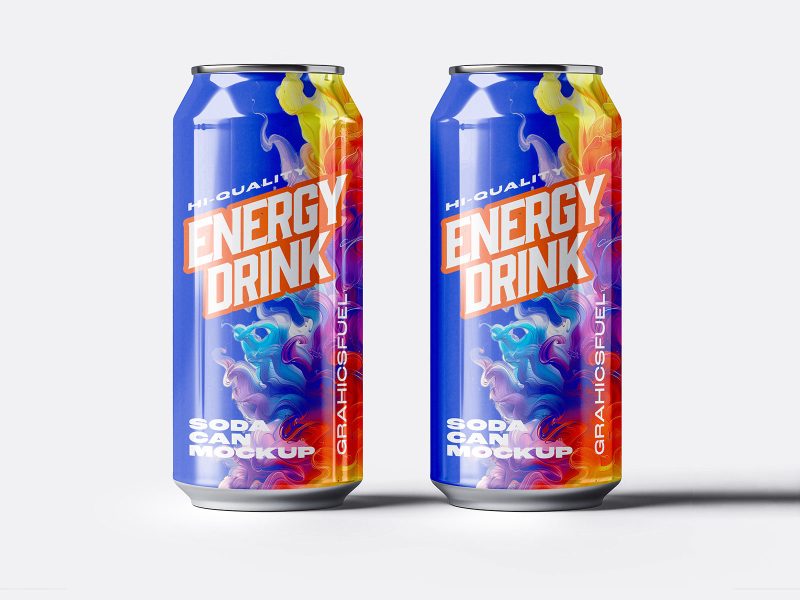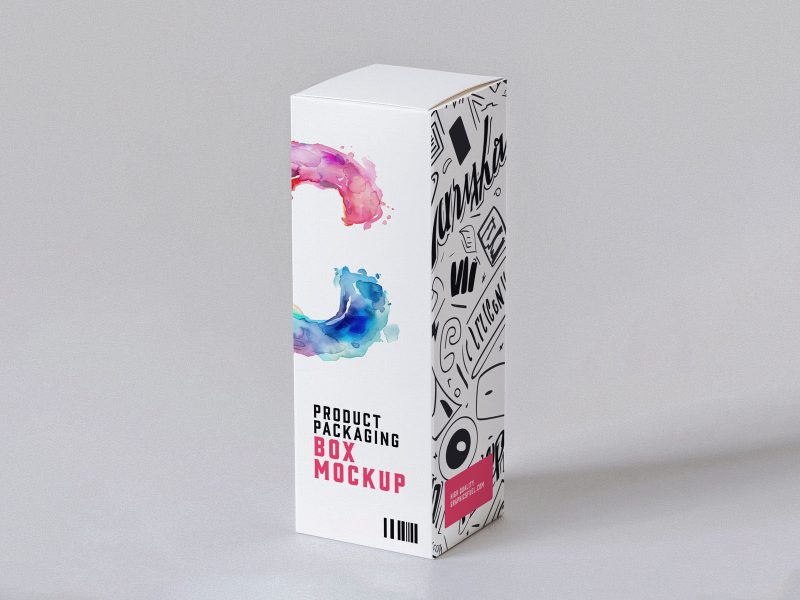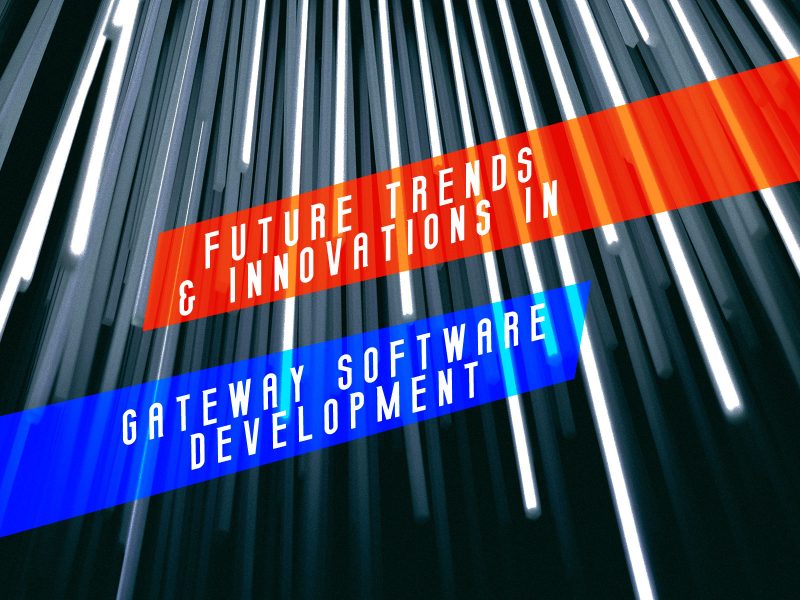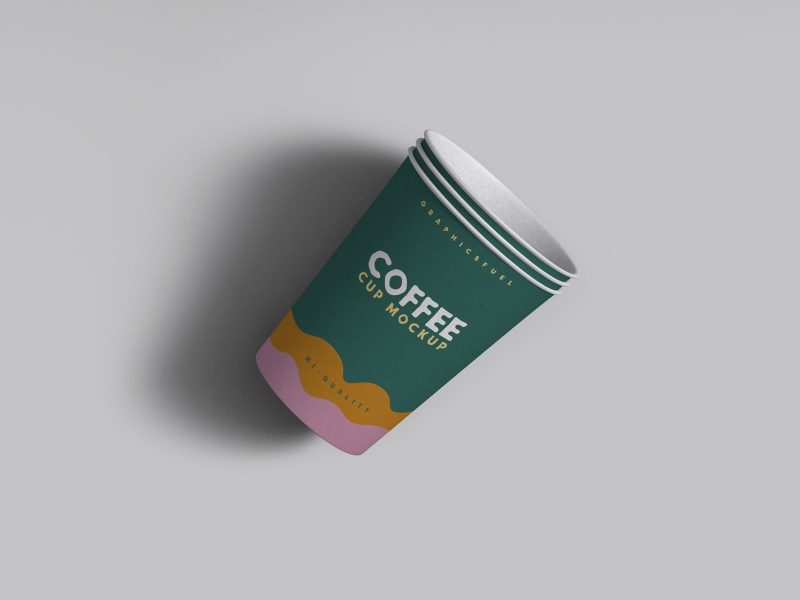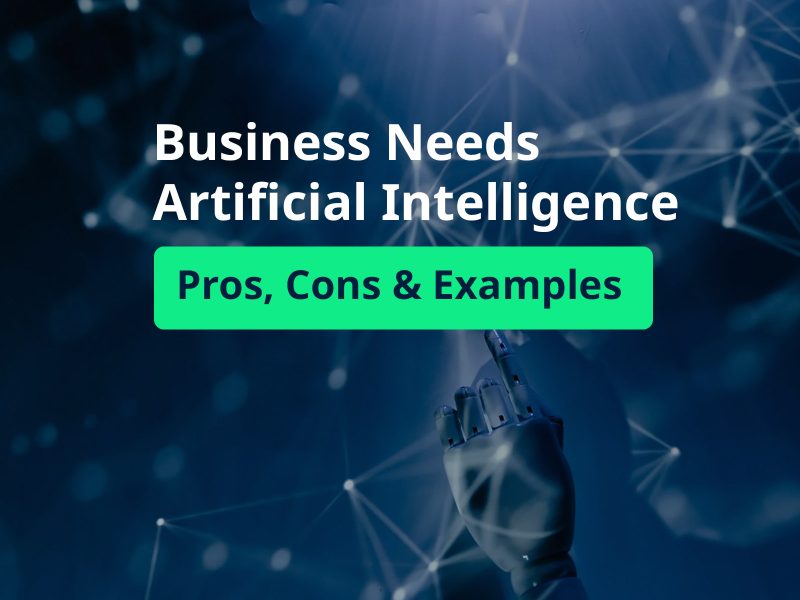A Modern Marketplace
History is cyclical. They say it doesn’t repeat itself, but it “echoes”. This is very true, which should give us in the modern world pause. Thousands of years ago they were building pyramids with multi-ton stones so big that they can’t be lifted with modern equipment today. How did the ancients to it, and what made them eventually stop?
They had certain physical understanding of the universe that has in large part been lost today. In a similar way, the ancients had understanding of human psychology that was in large part lost until the twentieth century—or, at the very least, occluded–hidden. Today, that information is visible, available, and everywhere you look.
You’re likely within proximity of some ancient human psychology manipulation. Look around you. Do you see a brand? Or a logo? Such symbols act as archetypes recommending service. They are a mental placeholder, a .ZIP file, if you will. When someone sees that image, it affects them in a subtle—or sometimes direct—way. The ancients understood this, and that information was lost. But now it has been found again.
As an example, the Nike symbol is archetypal of accomplishment—you’ve “checked” another item off the list. If you go out and “just do it”, you can accomplish your goals—with Nike. That’s the message. You see here that the slogan has been coupled to the logo, and together these things are archetypally definitive of Nike’s brand.
Strategic Branding
Branding isn’t something you can just acquire consequentially. It requires concerted thought. It requires deliberate strategy. You’ve got to believe in what you’re doing, and you need to put some research behind it all. There are many different ways to build brands, and you want to go about strategizing your best solutions as you expand your business.
Building your brand’s online reputation is important. One way this is done is through branding a variety of products. This increases consumer awareness, and will likely yield to an expansion of traffic on your home site over time. Bags, pens, cups, t-shirts, candy, notebooks, pencils, cozies, coolers, banners—the list goes on.
These can drive people in the “real” world to your “digital” demesne. Though content marketing is a bit better for this end, and will be explored a little later. The point is, online marketing isn’t the only way to drive digital traffic.
You want to have available materials which aren’t beholden to a magazine, television, or radio add. These materials used on a daily basis do several things. On the one hand, they complete a useful task for those who use them, subconsciously reinforcing your brand. On the other, they act as a banner for new potential clients to consider your business.
As you can see, it’s fundamental that whatever your logo and slogan look like, these must be integrally, carefully, and strategically designed. You want an image that is evocative, but not too busy. It needs to do the job, and make one interested to discover more, so it must also be communicative, but not too communicative. A good word to define this quality is “enigmatic”.
Sex, Curiosity, And Humor
Sex sells, and curiosity killed the cat. But humor sells better, as sex seems to sell itself more than the products endorsed thereby. One of the best design strategies when it comes to a logo is something that has an aesthetically pleasing shape and coloration—a “Sensuality” to it—but which has an additional tongue-in-cheek, enigmatic quality.
Apple does this perfectly with it’s Think Different campaign. Quirky users are paraded in front of a well-designed, aesthetically pleasing image which then draws the viewer to wonder what possibilities are available.
It definitely makes sense to seek professional assistance in logo design, and spare no expense. Now that does not mean find the first designer you can and just douse them in a flood of cash. You want to look at other companies and ask who they’ve worked with. If they don’t want to tell you, you’ve likely found the right designer.
If the company is afraid of you using their logo designer, then that means he must be good enough that they consider this individual to be a competitive asset. You definitely want competitive assets on your side when it comes to design!
Branded Swag
Once you’ve managed to secure the right logo, the right slogan, the right color scheme, the right evocative look, then it’s time for you to start producing things. You can check out this guide to materials to help you inform your choice when it comes to that which you’ll be using for promotion; according to the site: “…we offer tens of thousands of promotional products…”
Now that’s on the physical side of things. But a final consideration for this writing is the digital. Branding today isn’t just promotionally pushed via swag and other branded goods. Today, it is circulated through online platforms like Facebook, Twitter, and Instagram. YouTube, Minds, Gab, LinkedIn—there are a lot of social media outlets available.
Your branding plan needs to take into account social media solutions, and it also can’t ignore things like content marketing. You want to produce content that is applicable, valuable, and entertaining. Then you want to brand that content. This isn’t necessarily advertising—there’s a reason big businesses sponsor sitcoms and the like.
If you want more subscribers, according to GraphicsFuel, you may want to: “Boost up your creative design workflow with…premium design assets. Join our membership and get instant access to our huge assets library.” Access to online design elements can help you increase visibility and the professional veneer of that which potential clients may come into contact with.
Maintaining Consistency
The key to all these things is consistency. You can’t just design a logo, pepper it throughout your local community, and expect there to be big returns. Pepsi, Coca-Cola, Nike, McDonald’s—these international brands all conduct regular marketing campaigns to maintain and reinvigorate public interest.
People aren’t always going to be aware of your brand throughout the run of your company. Oftentimes you’ve got to remind them. Some people are too young to understand your brand, and if they are not reminded when they grow older, they will never know it was an option for them. Some are too old to realize the advantage.
You’ve got to market diversely as well as continually. But provided you’re wise enough to diversely, continually promote your brand, and you design it with the right level of thought beforehand, you can see the success you seek.




